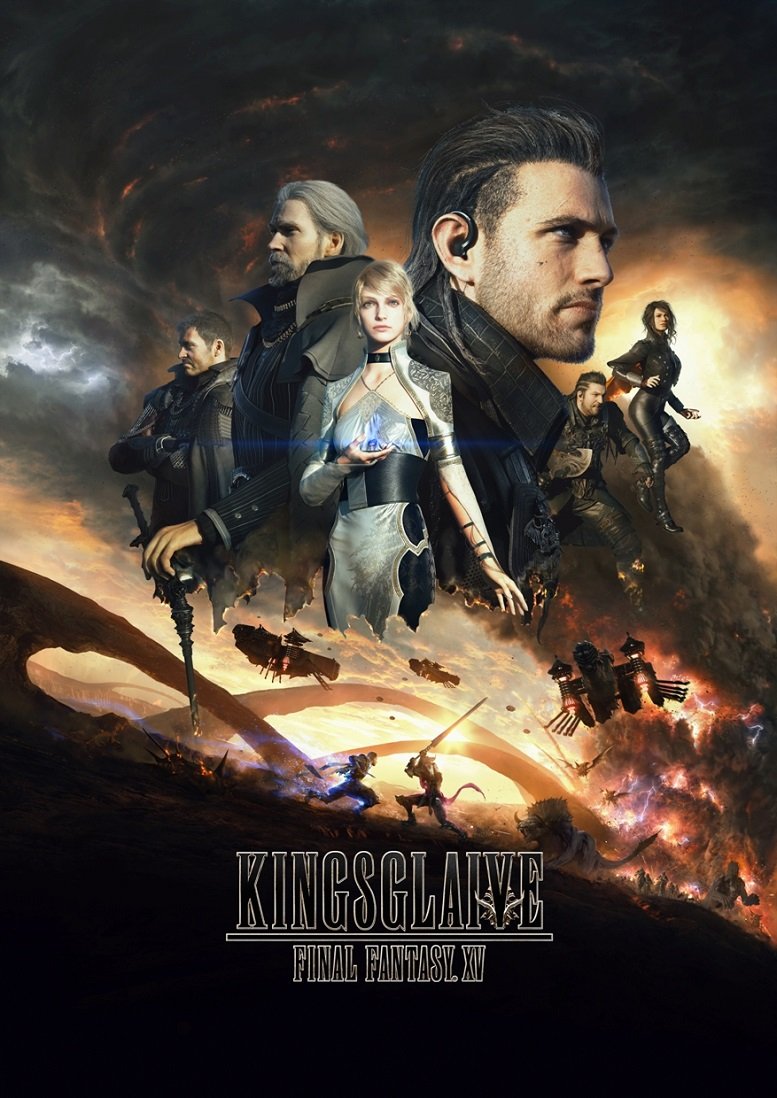
This weekend, one of my favorite shows on Netflix bit the dust. Victor Fresco’s gleefully bizarre “Santa Clarita Diet,” about an undead realtor and her family murdering bad folks to keep her fed, was one of the strangest and most stylistically unique shows around. It was consistently hilarious in the way that audiences often appreciate, yet fail to properly value in a show until it’s ostensibly gone (see also: the fan outcry when the under-the-radar Brooklyn 9-9 was cancelled).
The cancellation was especially shocking, not just because the show ended on a major cliffhanger, but because nobody really knew it was in danger. We couldn’t, because Netflix famously does not share viewership numbers with anybody, even the people who actually create the shows. It’s easy to see why Netflix keeps this information close to the vest; if nobody knows how popular their shows actually are, then they can attract subscribers based on the perception that they have great, popular content. They don’t have to worry about failure narratives when their shows’ numbers start to dip the way that a series like The Walking Dead does.
Continue reading In the Online Streaming War, Will the Machines Win?

